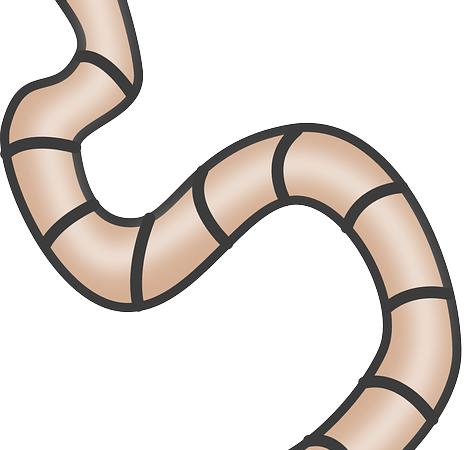
Countries, corporations, campaigners, businesses and individuals are all looking at ways that they can tackle plastic in the natural environment, while researchers remain focused on aiming to address the plastic problem on both a macro and micro scale. Perhaps we’ve all been too focused on looking at simplistic measures that we can take rather than looking outside the box… until now.
The future of recycling is now – and comes in the form of.. that’s right, WORMS!
After conducting experiments with the newly named “superworms”, a team of scientific investigators operating at the University of Queensland in Australia discovered the common zophobas morio have a unique appetite for plastic, and may even transform the future of recycling.
The so-called “superworm”, a beetle larvae, can digest the plastic through a gut enzyme, which ‘could be significant for advancements in recycling’ according to one of the study’s authors.
Dr Chris Rinke, who is part of the team working at the University of Queensland, said “Superworms are like mini recycling plants, shredding the polystyrene with their mouths and then feeding it to the bacteria in their gut”.
It appears that several enzymes are present in the superworms’ gut which provide them with the ability to degrade polystyrene and styrene, both of which are common in takeaway containers and other items including insulation and car parts.
Through research, the scientists hope to identify the enzyme that is most effective so that it can be reproduced on a mass scale for recycling. This would allow plastic to be shredded before then being treated with the enzyme.
This isn’t the first discovery of its kind, though. Fungus has also been added to a list of interesting ‘things’ that can consume plastic and hopefully provide us with a way out of the plastic crisis.
For now though, you’ll have to continue to use our recycling boxes and let us deal with, and safely treat your waste toner cartridges and consumables. You can request one of our recycling boxes, at a cost, here.
Who knows? In the future we could be sending you out a tub of worms to do the job!